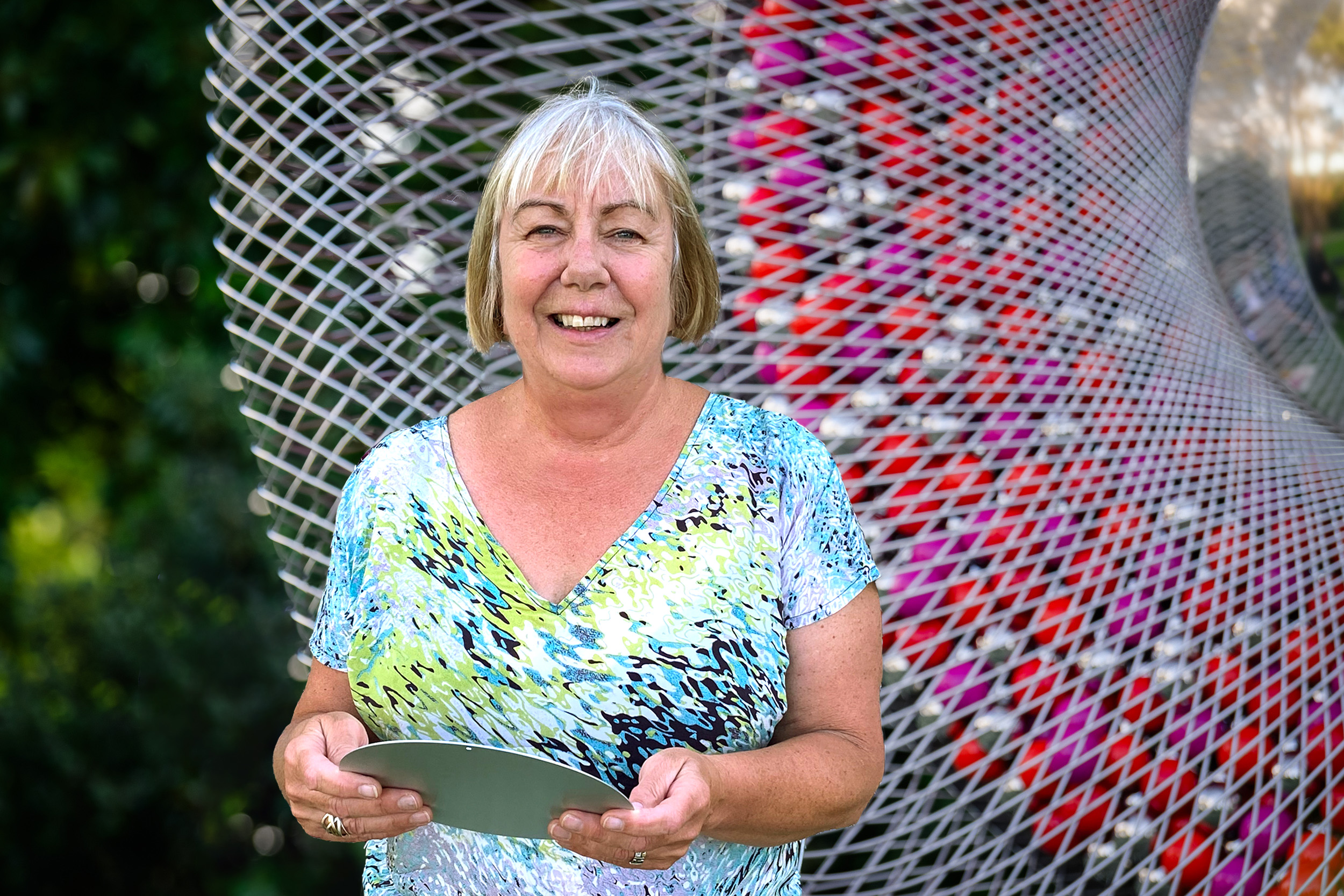National Council of Women NZ
Profile
National Council of Women of New Zealand Te Kaunihera Wahine o Aotearoa has a long and proud history promoting improvements to the quality of life for women, families and the community. Established in 1896, NCWNZ is an umbrella organisation with 13 branches and more than 200 organisations as members.
Over more than 125 years, NCWNZ has helped shape the social and economic fabric of our country by leading initiatives that have benefited all New Zealanders and their communities across five key areas of equality:
economic independence
environmental sustainability
safety and health
education
influence and decision making
Today NCWNZ focuses on actively raising national consciousness about gender equality in twenty-first century Aotearoa New Zealand through their Gender Equal NZ campaign.

Insight
Equality is a journey to a destination that we are yet to reach. 1893 was a key milestone in achieving legal equality between women and men, and in the intervening 130 years, many more milestones on the journey have been reached. At the same time, the journey has become more complex and our understanding of equality has become more subtle and sophisticated. Viewing gender within a broader socio-cultural context of race, class, sexuality, ability and life experience means also addressing other forms of oppression that add to the impact of sexism and gender based inequalities.
The words of National Council of Women of New Zealand Te Kaunihera Wahine o Aotearoa remind us that the fight continues, and through staying united we will get there!
Te Reo Glossary
Te Reo Glossary
ākonga
student, pupil
alofa
love, affection (Cook Islands Māori language)
Aotearoa
New Zealand
aroha
love, affection
haere rā
goodbye, farewell
hapū
subtribe, part of a kinship group
ira tangata
term used for intersex in a Māori context
irawhiti
term used for transgender in a Māori context
Itāria
Italy
iwi
extended kinship group descended from a common ancestor and associated with a distinct territory in Aotearoa
kairangahau
researcher
kaitiaki
guardian
kaitiakitanga
guardianship, stewardship
kia kaha ngā wāhine toa
be strong woman warriors
kia ora
hello, greetings
kia orana
hello, greetings (Cook Islands Māori language)
kōrero
conversation, discussion
kuia
female elder
mahi
work
māmā
mother, mum
mana
status, prestige, authority,
Māngere
a major suburb in South Auckland, New Zealand
Māori
Indigenous people of Aotearoa New Zealand
mauri
life force, life principle
moana
ocean, sea
Ōtautahi
Christchurch, city in South Island, New Zealand
Ōtepoti
Dunedin, city in South Island, New Zealand
pākeha
New Zealander of European/foreign descent
peka
branch (of a tree, river, organisation)
Pōneke
Wellington, Capital of New Zealand
rangatahi
youth, young people
takatāpui
queer, gay, rainbow community
Tāmaki Makaurau
Auckland, city in North Island, New Zealand
tapu
sacred, prohibited
tautoko
to support, advocate
Te Kāhui Tika Tangata
Human Rights Commission, New Zealand
Te Kaunihera Wahine o Aotearoa
National Council of Women of New Zealand
Te Kotahitanga
Autonomous Māori Parliament from 1892 to 1902
Te Moana-Nui-ā-Kiwa
the Pacific Ocean
te reo
the Māori language
Te Ropu Wahine Maori Toko i te Ora
Māori Women’s Welfare League
Te Wāhi Wāhine o Tāmaki Makaurau
Auckland Women’s Centre
tikanga
protocol, correct procedure
wāhine
woman, women
wāhine kaha
strong woman/women
waiata
song, chant
waiata taitoko
song of support usually sung after a speech
wairua
spirit, soul
whakapapa
genealogy, lineage
whānau
family, extended family group
whare
house, building